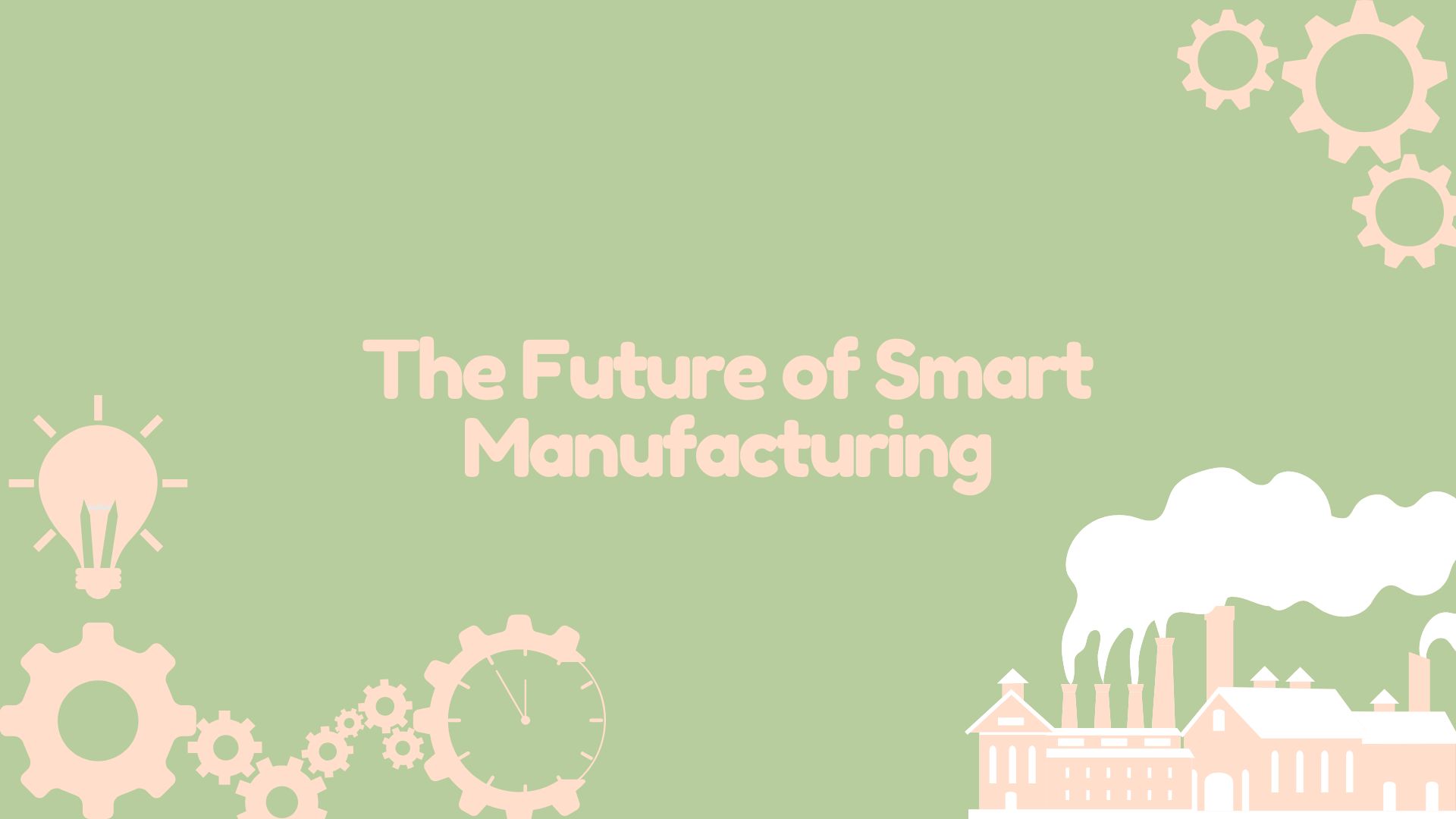Introduction: The manufacturing industry is undergoing a revolution, driven by advancements in technology. Smart manufacturing, characterized by the integration of artificial intelligence (AI), the Internet of Things (IoT), and automation, is transforming how products are made, improving efficiency, and reducing costs. This blog explores the key aspects and benefits of smart manufacturing, highlighting its potential to reshape the industry.
Body:
- The Evolution of Manufacturing: Traditional manufacturing processes often involved manual labor and rudimentary machinery. However, the advent of smart manufacturing marks a significant departure from these methods. By leveraging AI and IoT, manufacturers can optimize production lines, predict maintenance needs, and ensure consistent quality.
- Key Technologies in Smart Manufacturing:
- Artificial Intelligence: AI algorithms analyze vast amounts of data to optimize operations, from supply chain management to production scheduling.
- Internet of Things (IoT): IoT devices collect and transmit real-time data, allowing manufacturers to monitor equipment performance and track inventory with unprecedented precision.
- Automation: Robotics and automated systems enhance efficiency by performing repetitive tasks, freeing human workers to focus on more complex activities.
- Benefits of Smart Manufacturing:
- Increased Efficiency: Automated systems and real-time data analysis minimize downtime and streamline production processes.
- Cost Reduction: Predictive maintenance and optimized resource allocation lead to significant cost savings.
- Enhanced Quality: Consistent monitoring and control of production parameters ensure higher product quality and reduce defects.
- Challenges and Solutions: Despite its benefits, smart manufacturing faces challenges such as high initial costs and the need for skilled workers. However, these obstacles can be overcome through strategic investments and training programs.
- The Future Outlook: The future of manufacturing lies in the continued integration of smart technologies. As AI and IoT evolve, we can expect even greater innovations, such as fully autonomous factories and advanced predictive analytics.
Conclusion: Smart manufacturing is not just a trend but a transformative force that will shape the future of the industry. By embracing these technologies, manufacturers can achieve greater efficiency, reduce costs, and produce higher-quality products. The journey towards smart manufacturing may be complex, but the rewards are well worth the effort.









